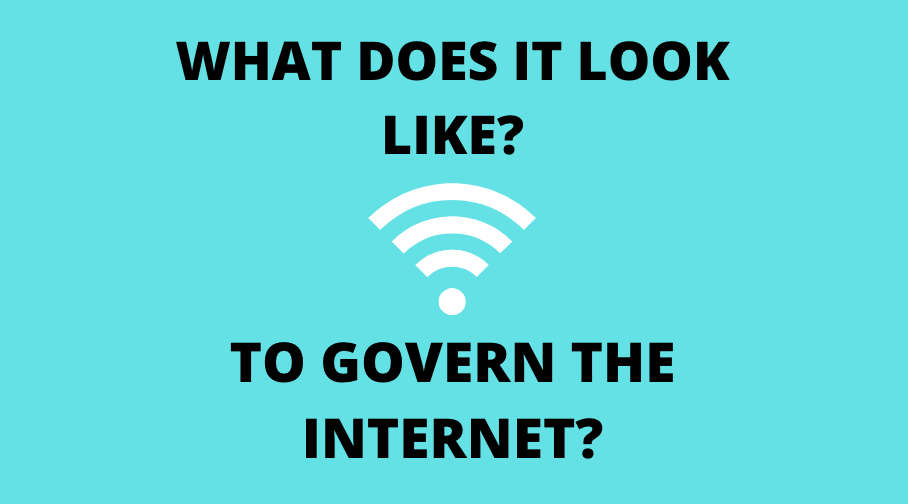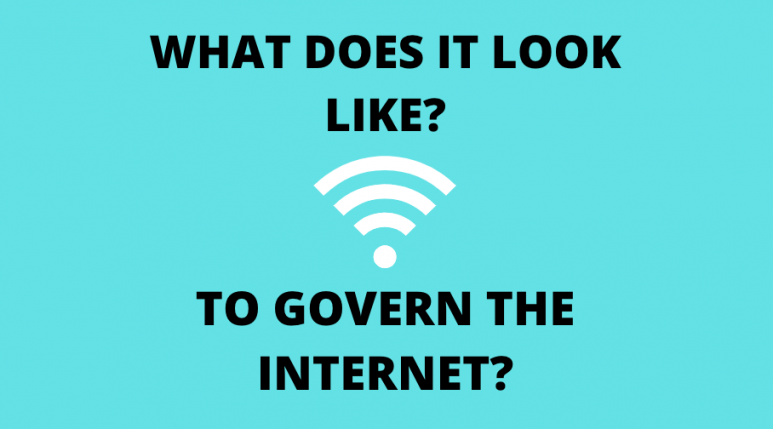By: Luc Steinberg
On 25 November 2019, Media Diversity Institute attended the third-annual Media Development and Internet Governance Symposium at the 14th Internet Governance Forum (IGF) in Berlin. Organised by the Center for International Media Assistance (CIMA), Deutsche Welle (DW) Akademie, the Global Forum for Media Development (GFMD), and WAN – IFRA, the symposium was an opportunity, like last year’s IGF symposium, for media development groups to be heard at the UN-held conference, a global forum for discussion of increasing global importance: how we manage the Internet.
The most recent IGF saw a record 6,000 participants attending – multiple stakeholders conversing and collaborating around the processes, protocols, standards, and regulations that will shape the future of the Internet. The future of news publishers and journalism has become a topic of increasing importance in recent years as the established business models for news gathering, production, and dissemination are constantly being challenged. The decline in the journalism industry coincides with increasing threats to press freedom, where many governments are identifying new ways to stifle freedom of expression online and offline. Such threats thus constitute a risk to liberal democracy. With the future of journalism looking increasingly uncertain, the need for media development organisations like MDI to be represented in Internet governance is of vital importance.

The most recent symposium heard a keynote from Reuters Institute Director, Rasmus Kleis Nielsen, who offered key takeaways from the latest Reuters Institute report, What can be done? Digital Media Policy Options for Europe (and beyond). The report prioritises three catchy but apt points of concern for the future of journalism: Freedom, Funding, and Future. As Nielsen stressed in his remarks about why freedom is first, “Without freedom, no amount of funding or investment in the future will ensure independent professional journalism.” The second focus, Funding, is required to sustain professional journalism, while Future refers to the task for the profession and industry to develop content and products that audiences value. Yet, to make this a reality, policymakers play a critical role too:
“Making sure that all active in the digital marketplace compete on a level playing field; providing public funding for innovation in journalism and news media to help with the transition; securing a more accountable, intelligible, and transparent platform-mediated environment through the promotion of multi-stakeholder oversight mechanisms, media literacy projects, and data access for independent research.”
Although not every recommendation in the Reuters report would fit under the rubric of Internet governance, Nielsen’s keynote provided a useful framework for the future focus of the DC-Sustainability – a multi-stakeholder policy and advocacy initiative within the IGF that is meant to be a hub for journalism and news media-related issues, particularly those related to the sustainable of journalism and news media in the digital age – and echoes the recommendations in the issue paper on media development and Internet governance, which was written by the session organisers and published at last year’s Symposium.
While summarising, Nielsen emphasised the difficulty of the task, but that it is nevertheless possible. He further suggested that many of the problems we are facing are “significant but perhaps not quite as overwhelming as we may feel at first sight.” When asked about the demand side, Nieslen also mentioned media literacy as a tool for emphasising the importance of professional independent journalism to the public, but added the caveat that it is effective as long as it is both affirmative as well as critical: teaching how to engage more rather than mere scepticism.
While the Reuters Report focuses more specifically on the EU, the following interventions further highlighted the complicated issue of press freedom online outside the EU. This focus on freedom continued with Dragana Žarković Obradović (BIRN) from Serbia, Juliet Nanfuka (CIPESA) from Uganda, and Kuda Hove (MISA) from Zimbabwe who each recounted case studies of significant disruptions to media freedom.
In Uganda, Nanfuka spoke about a daily tax of 200 Ugandan shillings imposed last year for more than 60 online platforms resulting in around 5 million citizens (mostly women, young people, and people with disabilities) abandoning online spaces.
Hove recounted how governments in Tanzania, Malawi, Zimbabwe, and Zambia are using digital means to enforce regulations on online speech which have a detrimental effect on free expression.
Obradović spoke about a “sharp drop in media freedoms in the last three-to-four years” in Serbia. Specifically, the balance between protecting media freedom and public interest on the one hand and privacy on the other. In one recent case, an investigative story involving illegal weapons trading was taken down from YouTube because of rather spurious “privacy” violations, from which legitimate journalism is normally exempted. After contacting their wider network, including other organisations working in media freedom and digital rights sphere, YouTube eventually allowed the video to be hosted – eight days later. The case study highlighted the difficulty that smaller markets have when dealing with social media platforms which are unlikely to have representation in the country, and also the importance of networks in sustaining independent journalism – something emphasised in DW Akademie’s booklet on media viability.
With the case studies in mind, the room divided into two for breakout sessions, one focusing on research and the other on advocacy, designed to discuss the action plan and near-term focus of the DC-Sustainability. In the advocacy group, we attempted to sharpen the focus of the DC-Sustainability’s advocacy activities, discussing topics that fall within the scope of Internet governance as well as pertain to media development. An issue of importance for many was the protection of journalists online, a growing global concern that not only affects journalists’ safety and mental well-being, but also contributes to self-censorship and can have a chilling effect on freedom of expression and press freedom.
Another suggestion was to advocate for publishers to share content on decentralised or federated social networks, which include a suite of social networks, such as Mastodon or PeerTube, that subscribe to open standards. Using these networks bypasses the walled gardens of Big Tech and the privacy-violating business models of social media giants like YouTube and Facebook.
Advocating for access to data is another interesting potential focus for the DC-Sustainability and something that may benefit both researchers and publishers. Market competition problems have arisen from the network effect, which entrenches the dominance of platforms such as Google and Facebook. Thus, the potential for new and innovative players to enter and compete in the market is significantly diminished.
Data access is also a recurring policy recommendation in the Reuters Report:
“…ensuring that relevant authorities have access to data and greater analytical capabilities to be able to assess possible harm both downstream and upstream and act in an evidence-based and timely way.”
And
“Making independent professional journalism easier and cheaper by providing greater access to data, recordings, and transcripts…”
It has also been contemplated that, instead of breaking up the Big Tech monopolies with the instruments of antitrust law – a plan that has gained popularity from US Democratic presidential candidate Elizabeth Warren – access to the vast troves of (anonymised) data they have collated could help foster a number of innovative democratic ideals, not least in the journalism and news sectors. So, perhaps this avenue may deserve more thought.
Following the Symposium, the DC-Sustainability was officially launched on 27 November during the inaugural meeting, which also saw its new charter ratified. Michael J. Oghia, Advocacy & Engagement Manager at GFMD, commented:
“Our experience at the IGF definitely exceeded expectations. We were so encouraged by how much support we received from members of the journalism, press freedom, and media development communities who participate in the IGF. More than 100 participants attended the Symposium, which was a first for us, and really helped to set the tone for the week. Later in the week, again, more than 100 people attended the launch of the DC-Sustainability, the newest Dynamic Coalition, which was a turnout we had only hoped for. It clearly indicates that there is ample necessity for these topics to be discussed, and we are so looking forward to ensuring issues that impact the journalism and news media sector are on the agenda, that the sustainability of journalism and news media is inextricably linked to multiple digital policy issues that range from combatting disinformation to platform accountability, and that members of our community continue to be heard within Internet policy fora.”
Indeed, it is exciting to see media development organisations find a seat at the table at the Internet Governance Forum. The diversity of interests in the DC-Sustainability along with the enthusiasm and creative ideas for tackling these issues is a genuine strength that should help carry it forward.
A video recording of the event can be viewed here.
Nenad Radoja
Contrary to popular belief, Lorem Ipsum is not simply random text. It has roots in a piece of classical Latin literature from 45 BC, making it over 2000 years old. Richard McClintock, a Latin professor at Hampden-Sydney College in Virginia, looked up one of the more obscure Latin words, consectetur, from a Lorem Ipsum passage, and going through the cites of the word in classical literature, discovered the undoubtable source.
